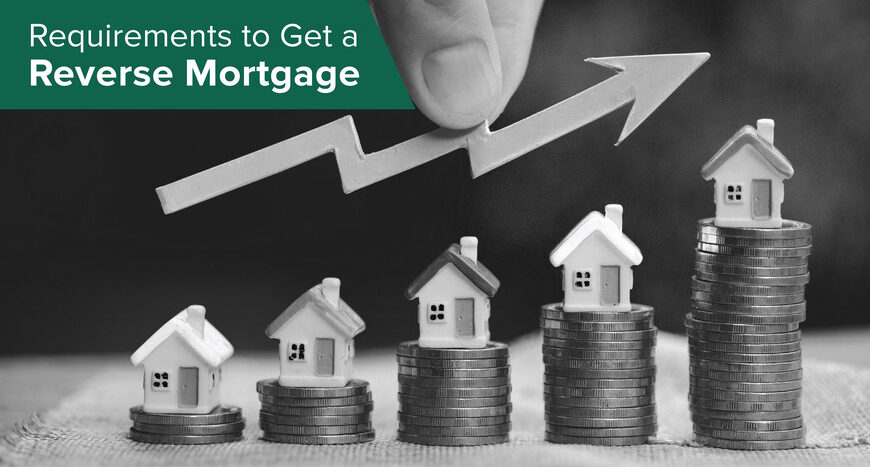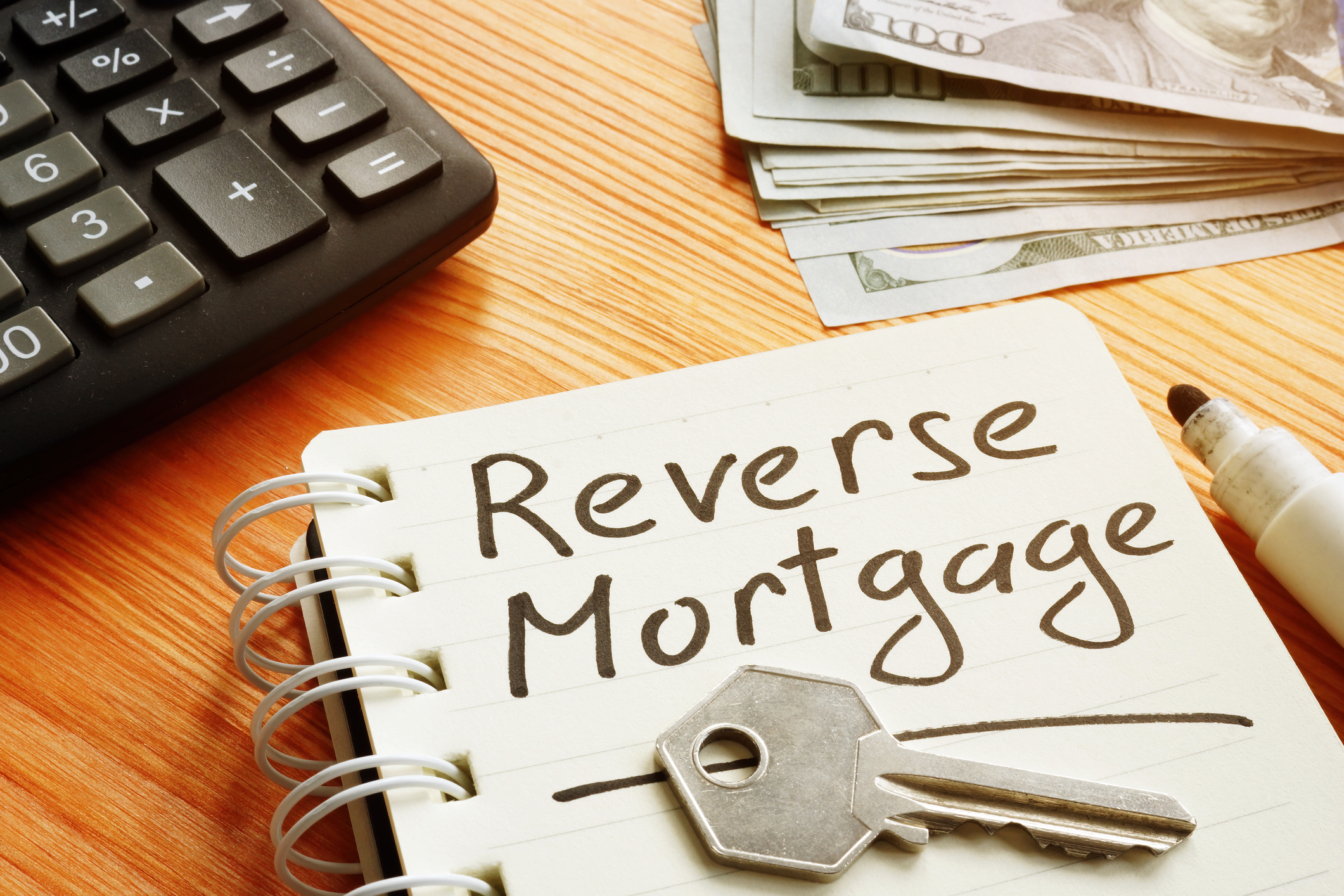Unlock Financial Liberty: Your Overview to Buying a Reverse Home Loan
Understanding the complexities of reverse home mortgages is necessary for house owners aged 62 and older seeking financial freedom. As you consider this option, it is crucial to grasp not just how it functions however additionally the implications it may have on your economic future.
What Is a Reverse Home Loan?

The fundamental appeal of a reverse home mortgage depends on its potential to boost financial versatility throughout retirement. Property owners can utilize the funds for different objectives, consisting of medical expenses, home renovations, or daily living prices, therefore giving a safeguard during a critical point of life.
It is crucial to understand that while a reverse mortgage enables for boosted cash flow, it likewise decreases the equity in the home in time. As interest accumulates on the exceptional loan balance, it is crucial for prospective debtors to meticulously consider their long-term economic strategies. Consulting with a monetary consultant or a reverse home loan expert can give useful insights right into whether this choice lines up with a person's economic objectives and circumstances.
Qualification Demands
Recognizing the eligibility needs for a reverse home mortgage is crucial for home owners considering this economic choice. To qualify, applicants must be at least 62 years old, as this age requirement permits seniors to accessibility home equity without regular monthly home loan settlements. Additionally, the homeowner has to inhabit the house as their primary dwelling, which can consist of single-family homes, specific condos, and produced homes meeting details guidelines.
Equity in the home is an additional important requirement; homeowners usually require to have a significant quantity of equity, which can be identified with an assessment. The amount of equity available will directly influence the reverse home mortgage amount. Moreover, applicants must show the ability to keep the home, including covering property taxes, property owners insurance policy, and upkeep costs, guaranteeing the home remains in great problem.
Additionally, possible borrowers need to undertake a monetary assessment to evaluate their income, credit rating, and total financial scenario. This evaluation helps lending institutions determine the candidate's capability to fulfill continuous responsibilities connected to the building. Fulfilling these requirements is vital for securing a reverse home loan and ensuring a smooth economic shift.
Advantages of Reverse Home Loans
Various advantages make reverse home loans an enticing option for elders wanting to improve their financial versatility. purchase reverse mortgage. Among the key advantages is the capacity to transform home equity into cash without the need for regular monthly home mortgage payments. This function permits elders to access funds for various requirements, such as clinical costs, home renovations, or daily living costs, therefore easing financial tension
Furthermore, reverse home mortgages supply a safeguard; senior citizens can remain to reside in their homes for as lengthy as they meet the loan demands, promoting security during retired life. The earnings from a reverse home loan can likewise be made use of to postpone Social Security benefits, possibly resulting in higher payouts later on.
Moreover, reverse home mortgages are non-recourse lendings, meaning that borrowers will never owe greater than the home's value at the time of sale, shielding them and their beneficiaries from financial responsibility. The funds obtained from a reverse mortgage are normally tax-free, adding another layer of financial alleviation. In general, these benefits position reverse home loans as a practical solution for senior citizens seeking to improve their financial situation while maintaining their valued home setting.

Costs and Costs Included
When considering a reverse home mortgage, it's vital to know the different costs and fees that can affect the total financial image. Understanding these expenditures is vital for making an educated choice regarding whether this financial item is ideal for you.
One of the primary expenses connected with a reverse home loan is look at this now the source fee, which can differ by lender however typically varies from 0.5% to 2% of the home's appraised value. Additionally, home owners should anticipate closing costs, which may include title insurance coverage, appraisal fees, and credit rating report costs, typically amounting to numerous thousand dollars.
One more considerable cost is mortgage insurance policy premiums (MIP), which safeguard the lender versus losses. This fee is generally 2% of the home's value at closing, with an ongoing yearly costs of 0.5% of the remaining car loan equilibrium.
Finally, it is necessary to consider ongoing prices, such as residential or commercial property tax obligations, property owner's insurance, and upkeep, as the consumer remains liable for these expenditures. By thoroughly evaluating these costs and fees, house owners can much better assess the economic effects of pursuing a reverse home mortgage.
Steps to Obtain Begun
Starting with a reverse home loan entails numerous vital steps that can aid improve the process and guarantee you make notified choices. Examine your economic scenario and establish if a reverse home mortgage aligns with your long-term goals. This includes assessing your home equity, present financial obligations, and the need for extra income.
Following, research numerous lending institutions and my website their offerings. Seek trustworthy institutions with favorable reviews, clear cost structures, and competitive rates of interest. It's important to compare conditions and terms to discover the finest suitable for your demands.
After picking a lending institution, you'll need to finish a detailed application process, which normally needs documentation of income, properties, and home information. Take part in a therapy session with a HUD-approved counselor, that will certainly supply insights right into the effects and obligations of a reverse mortgage.
Verdict
In conclusion, reverse mortgages offer a practical alternative for senior citizens looking for to enhance their monetary security during retired life. By converting home equity into available funds, property owners aged 62 and older can address various monetary needs without the pressure of monthly payments.
Understanding the complexities of reverse home loans is important for property owners aged 62 and older looking for monetary liberty.A reverse home loan is a financial item made mainly for home owners aged 62 and older, allowing them to convert a section of their home equity into cash - purchase reverse mortgage. Consulting with a monetary expert or a reverse home loan professional can supply beneficial understandings right into whether this choice lines up with an individual's monetary goals and situations
Additionally, reverse mortgages are non-recourse lendings, implying that debtors will certainly never ever owe more than the home's worth at the time of sale, shielding them and their beneficiaries from economic obligation. On the whole, these benefits setting reverse home mortgages as a functional remedy for senior citizens seeking to improve Source their monetary situation while preserving their valued home setting.